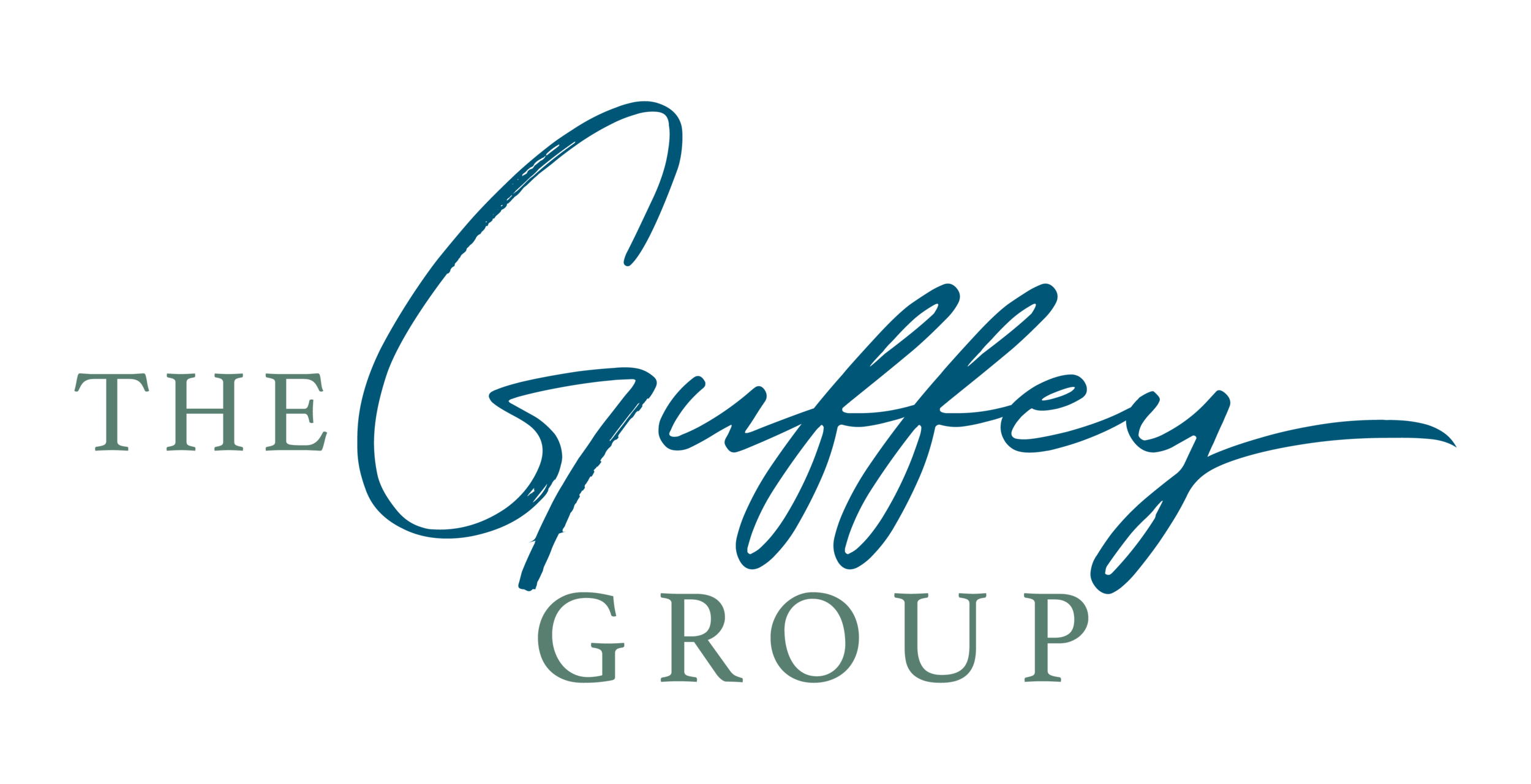Money Talks....
Thank you for joining us on this issue of Money Talks….so you don’t know what you don’t know. Today is part 1 of going over terms you might have heard but didn’t know what they meant.
TOD/POD: Transfer on Death/Payable on Death can be added to an account. Make sure that you designate beneficiaries.
Beneficiary: A person/persons you list to receive a financial gain/benefit upon your death. It is added to life insurance, annuities, bank accounts, brokerage accounts. This bypass probate.
Probate: is the legal process of process the validating a will and administering a deceased person’s estate. It involves a court verifying the validity of a will, appointing an executor or administrator to manage the estate and distributing the assets according to the will or, if there’s no will according to state laws.
POA: Power of Attorney- a person you name to handle things if you are not able to handle your own affairs. There are two types of POA documents. POA-Healthcare and POA-Financial. This is only valid while the individual is living.
Will: is a legal document, also known as a Last Will and Testament, that outlines how a person’s property and assets should be distributed after their death. It also allows individuals to name guardians for their minor children and express their preference regarding their funeral arrangements.
Trust: a legal arrangement where assets are held by a trustee on behalf of the beneficiaries according to the terms outlined in the trust document. The person who creates the trust is the settlor/grantor/trustor and the trustee manages the assets for the benefit of the beneficiaries. There are several types of trusts.
-Revocable Living Trust: created during the grantors lifetime and can be modified or revoked.
-Irrevocable Living Trust: created during the grantors lifetime and cannot be modified after creation.
-Testamentary Trust: created through a will and takes effect after the grantor’s death.
-Charitable Trust: established to benefit charitable organization.
Uses of Trust:
Estate planning: Trusts can be used to manage and distribute assets after death, potentially avoiding probate. Asset protection: Irrevocable trusts can protect assets from creditors and lawsuits. Tax planning: Trusts can be used to reduce estate taxes and other taxes. Special Needs planning: Trusts can be used to provide for individuals with special needs. Providing for Minors: Trusts can be used to hold assets for the benefit of minors with trustee managing the assets until the beneficiary reaches a certain age or is deemed capable of managing their own assets.
Benefits of Trust:
Control: Trusts allow the grantor to specify how their assets will be managed and distributed. Privacy: Trusts can help keep estate planning matters private, as probate proceedings are public records. Flexibility: Trusts can be tailored to meet the specific needs of the grantor and beneficiaries. Avoidance of Probate: Trusts can help avoid the public, court-supervised probate process.
These are things that we discussed with our clients when we sit down and discuss their situation. We look at the whole picture. If it has been a while since you looked at these documents or have updated them, now may be the time.
Until next time,
Diane

